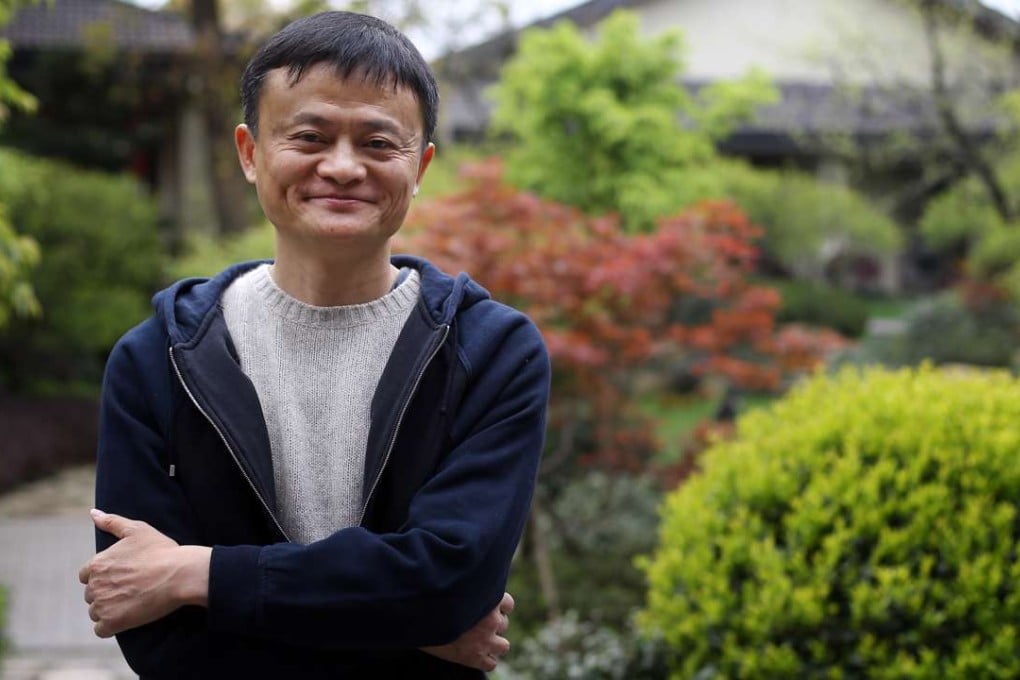Exclusive | Alibaba’s Jack Ma reveals why he bought the South China Morning Post and what he wants to do with it
Readers deserve a fair chance to understand what is happening in China, says Alibaba founder Jack Ma in the second of our two-part series as he shares his vision for his new acquisition and discusses Hong Kong’s unique position

Just why does Jack Ma want to own a newspaper, and what will he do with it?
Those are the biggest questions that have confronted readers of the South China Morning Post since news broke of Alibaba Group’s acquisition of the 113-year-old English-language newspaper late last year.
Now, for the first time since the Chinese e-commerce giant’s takeover earlier this month, Ma has outlined his vision for the paper.
The acquisition has raised eyebrows, with some suggesting that the Post – which has for decades been reporting aggressively on China – would change its direction.
A few even believed the paper might henceforth gloss over sensitive or controversial issues that risked incurring the wrath of the Chinese leadership.
